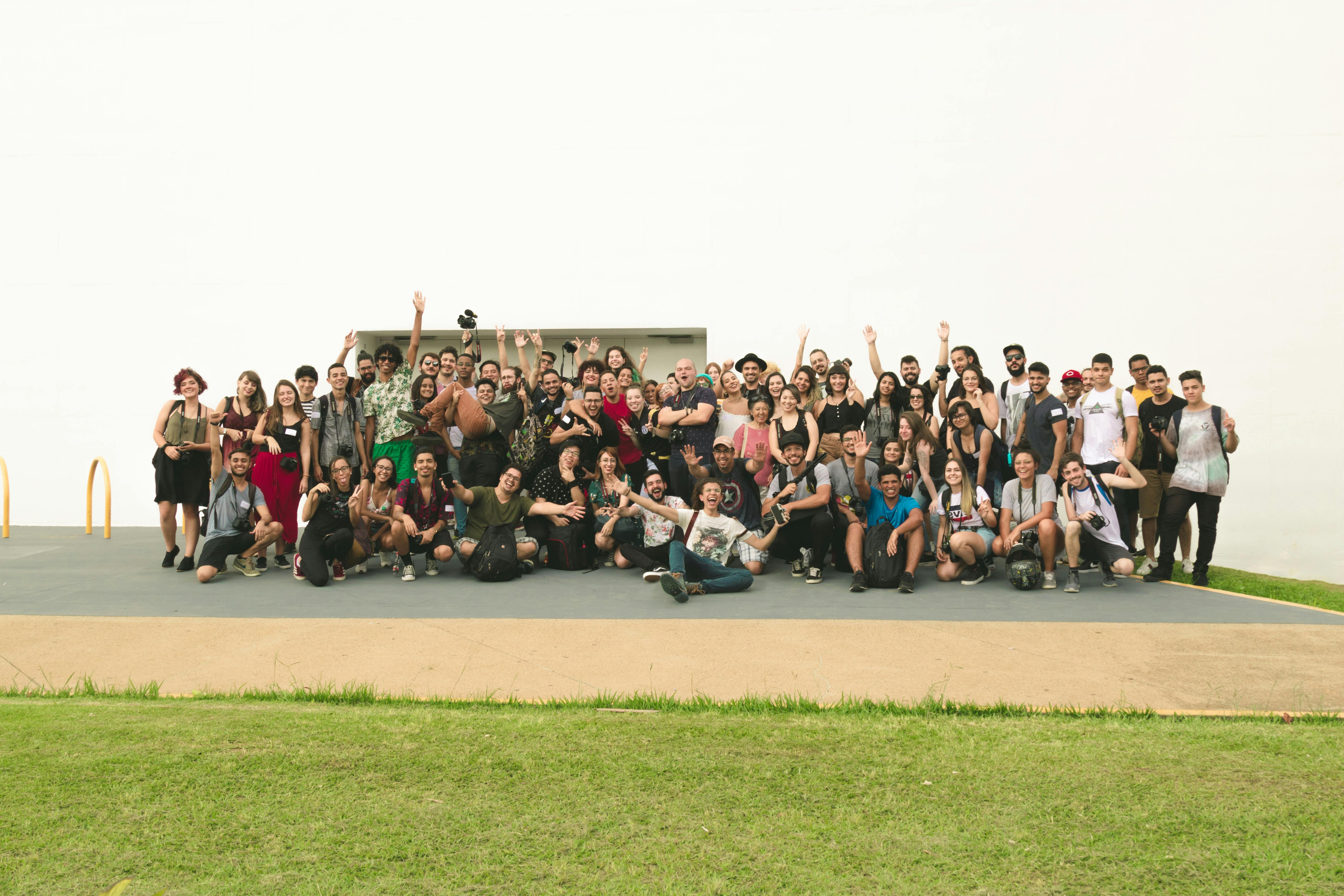The people ask John the Baptist in earnest what they should do in response to his message. In the verses before today’s Gospel, John is preaching a message of repentance and if I’m honest, a bit of fear thrown in. He is challenging the status quo with strong language, calling the Pharisees “vipers” and asserting that God is ready and waiting to cut down whoever isn’t producing good fruit in their lives.
“What should we do?” The crowds, tax collectors, and even soldiers ask John. To each group, John gives a different answer. However, every answer is rooted in the same basic principle – be a community.
John tells the crowds to share their food and clothing with whomever among them is lacking. A community takes care of each person’s basic needs. It requires that everyone consider the needs of others before their own wants and needs.
John tells the tax collectors to stop overcharging people. He is insisting on selflessness, rather than selfishness. Notice that John doesn’t tell them to stop in their profession, but to practice it with integrity and honesty. There is no need to be greedy, especially if the community is practicing John’s first assertion to take care of the basic needs of every individual.
Finally, John tells the soldiers to be content in their station and position. Do not flaunt your authority or use it to abuse others. Again, John doesn’t tell them to desert their positions, but to fulfill their tasks well and with proper purpose. In a community, each person has something to contribute and the capacity to do it well. Some will be in authority over others, but this does not give them the right to abuse the privilege of leadership.
Today, John the Baptist gives us three foundational elements of a community built upon God’s principles. We must be generous, considering the needs of others. We must be honest, contributing our part and not seeking to grasp what is not ours. We must be content, recognizing that what we have is from God and that we are stewards of His goodness and love.
La gente le pregunta a Juan el Bautista con seriedad qué deben hacer en respuesta a su mensaje. En los versículos anteriores al Evangelio de hoy, Juan está predicando un mensaje de arrepentimiento y, si soy sincera, metiéndole un poco de miedo también. Está desafiando el status quo con un lenguaje fuerte, llamando a los fariseos “víboras” y afirmando que Dios está listo y esperando para acabar con quien no esté produciendo buenos frutos en sus vidas.
“¿Qué debemos hacer?”, le preguntan a Juan las multitudes, los recaudadores de impuestos e incluso los soldados. A cada grupo, Juan da una respuesta diferente. Sin embargo, cada respuesta se basa en el mismo principio básico: ser una comunidad.
Juan les dice a las multitudes que compartan su comida y ropa con quienes tengan necesidad. Una comunidad se ocupa de las necesidades básicas de cada persona. Requiere que todos consideren las necesidades de los demás antes que sus propios deseos y necesidades.
Juan les dice a los recaudadores de impuestos que dejen de cobrar de más a la gente. Insiste en el altruismo, en lugar del egoísmo. Observemos que Juan no les dice que dejen de ejercer su profesión, sino que la practiquen con integridad y honestidad. No hay necesidad de ser codicioso, especialmente si la comunidad está practicando la primera afirmación de Juan de cuidar de las necesidades básicas de cada individuo.
Finalmente, Juan les dice a los soldados que estén contentos con su puesto y posición. No hagan alarde de su autoridad ni la utilicen para abusar de los demás. Nuevamente, Juan no les dice que abandonen sus puestos, sino que cumplan bien sus tareas y con el propósito adecuado. En una comunidad, cada persona tiene algo que aportar y la capacidad de hacerlo bien. Algunos tendrán autoridad sobre otros, pero esto no les da derecho a abusar del privilegio del liderazgo.
Hoy, Juan el Bautista nos da tres elementos fundamentales de una comunidad construida sobre los principios de Dios. Debemos ser generosos, considerando las necesidades de los demás. Debemos ser honestos, aportando nuestra parte y no buscando apropiarnos de lo que no es nuestro. Debemos estar contentos, reconociendo que lo que tenemos viene de Dios y que somos administradores de Su bondad y de Su amor.
 Kate Taliaferro is an Air Force wife and mother. She is blessed to be able to homeschool, bake bread and fold endless piles of laundry. When not planning a school day, writing a blog post or cooking pasta, Kate can be found curled up with a book or working with some kind of fiber craft. Kate blogs at DailyGraces.net.
Kate Taliaferro is an Air Force wife and mother. She is blessed to be able to homeschool, bake bread and fold endless piles of laundry. When not planning a school day, writing a blog post or cooking pasta, Kate can be found curled up with a book or working with some kind of fiber craft. Kate blogs at DailyGraces.net.
Feature Image Credit: Athena Sandrini, https://www.pexels.com/photo/group-of-people-taking-photo-1963622/

